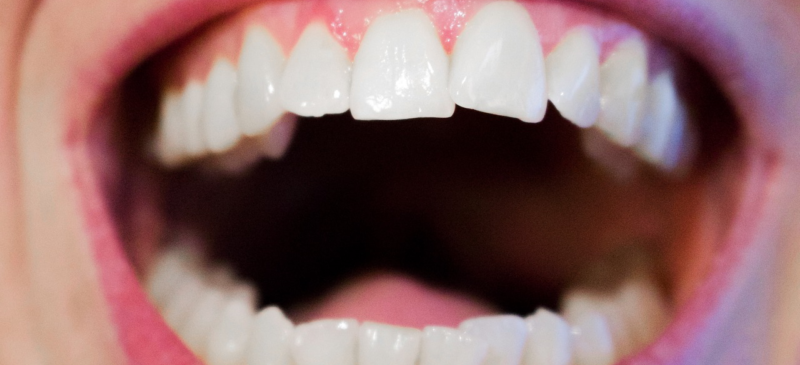Do you suspect that you have gum disease? If so, it’s important that you visit your dentist right away. The last thing you want is to ignore the most common signs of periodontitis and risk exacerbating the problem. You should know that severe gum disease is the leading cause of tooth loss in adults. Can you imagine yourself smiling with missing teeth? Before that happens, equip yourself with the proper information on the symptoms of gum disease and why you should visit the dentist immediately.
Gingivitis vs Periodontitis
Many people confuse periodontitis with gingivitis. The former refers to gum disease while the latter refers to gum inflammation. Before you develop gum disease, you’re like to suffer from gingivitis first, although not all gingivitis leads to periodontitis.
Gingivitis patients suffer from bacteria buildup due to the failure to remove plaque. Over time, this causes the gums to become swollen. You’ll notice your gums bleed easily even when you’re just gently brushing your teeth. This doesn’t cause any severe tissue or bone damage, however, which means no tooth loss will occur at this point.
What Causes Gum Disease?
If you don’t do anything about your inflamed gums, then you increase your risk of gum disease. At this stage, pockets are formed because of the gums and bones pulling away from your teeth. Debris and bacteria fill these gaps, which ultimately causes infection. Your body’s immune system tries to fight the bacteria, but the good enzymes can only do so much.
When the bacteria in plaque and in the good enzymes produced by the immune system start to break down, toxins spread in your gum line. The pockets get deeper and deeper and destroys tissues and bone as well. Your teeth no longer have a solid foundation, causing them to become loose.
Hormonal changes during pregnancy and menopause, illnesses such as cancer and HIV, and bad habits such as smoking can also cause gum disease.
Telltale Signs of Gum Disease
You may not realize that you have periodontitis because it can progress without causing any pain. This is precisely why you should be aware of the common symptoms so you know when to go to the dentist. The symptoms include:
- Bleeding gums after brushing
- Swollen or tender gums
- Receding gums
- Loose teeth
- Deep pockets between teeth and gums
- Persistent bad breath
It’s worth noting that some people may develop gum disease only on certain teeth like the molars. Only a qualified periodontitis can properly diagnose this condition.
Visit Your Dentist to Prevent Progression
As soon as you notice the symptoms above, schedule an appointment with your dentist for proper diagnosis and treatment. It will only take a couple of hours of your time right now, but it will save you heaps more in the future. What’s more, gum disease has been linked to a wealth of other serious health conditions such as heart disease, stroke, and diabetes. A quick trip to a dental professional can prevent these threatening health conditions from developing.

